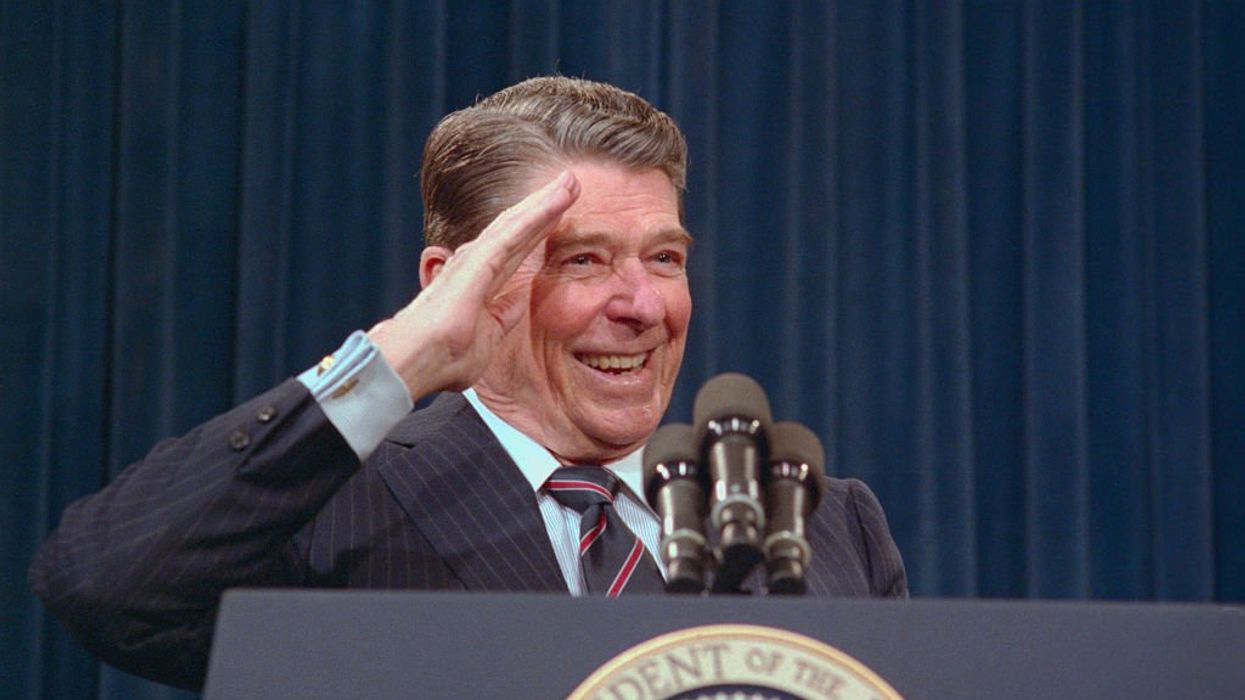
© 2024 Blaze Media LLC. All rights reserved.
The National Transportation Safety Board on Tuesday held an all-day conference on the importance of staying fully awake while driving on public roadways — an event that flirted with the irony of putting viewers to sleep and at greater risk of getting in an accident while driving home.
The conference — "Awake, Alert, Alive: Overcoming the Dangers of Drowsy Driving" — was held at the NTSB boardroom, and used up most of the day hammering home the seemingly obvious point that driving while sleepy is dangerous.
It also attracted a very sparse audience. Pictures of the NTSB's boardroom showed that attendees appeared to be comprised of panelists and maybe one or two others. When the second panel ended by mid-morning, the board room looked like this:
"We are calling this forum 'Awake, Alert, Alive,' because every driver must be awake and alert to operate a vehicle safely," NTSB board member Mark Rosekind said in his kickoff remarks. "Sufficient, good quality sleep is fundamental to alertness and human performance, and yet so many Americans are on the road dangerously impaired by lack of sleep."
The conference featured several panels filled with doctors from around the country who testified on the importance of staying awake at the wheel. But the panelists quickly agreed on the importance of not falling asleep while driving around, a factor that seemed to drive any possible controversy from the room that might have been useful in helping keep people awake.
One doctor showed pictures of the human brain indicating that a lack of sleep makes it harder for the brain to stay awake:
Dr. David Dinges from the University of Pennsylvania set the tone early with some basic facts about sleep.
"As near as we know right now, all animals need to sleep, and humans are no exception," he said. Later on, Dinges said that when the human body wants to go to sleep, it can be hard to stop that process.
"There's a terrific change going on that you cannot easily control," he said. "And slapping yourself in the face or turning the radio up or chewing gum or singing will not prevent this from occurring."
"The brain needs sleep," he advised.
Shots of the boardroom at the end of the fourth panel indicated that the audience in the room wasn't expanding as the day wore on:
Want to leave a tip?
We answer to you. Help keep our content free of advertisers and big tech censorship by leaving a tip today.
Want to join the conversation?
Already a subscriber?
more stories
Sign up for the Blaze newsletter
By signing up, you agree to our Privacy Policy and Terms of Use, and agree to receive content that may sometimes include advertisements. You may opt out at any time.
© 2024 Blaze Media LLC. All rights reserved.
Get the stories that matter most delivered directly to your inbox.
By signing up, you agree to our Privacy Policy and Terms of Use, and agree to receive content that may sometimes include advertisements. You may opt out at any time.





